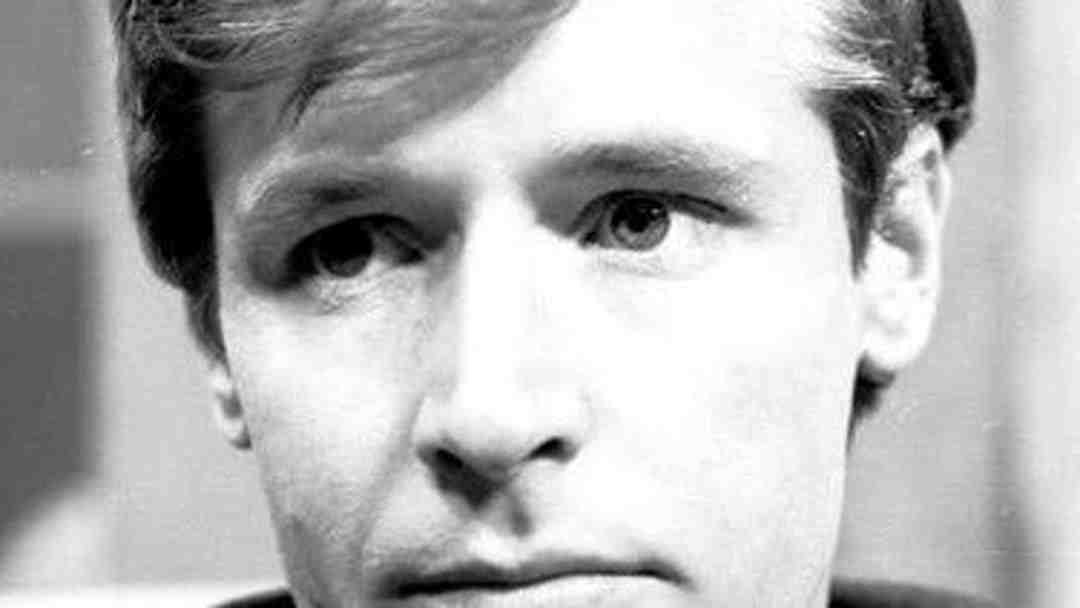
Introduction
Star Trek is not just a series; it represents a significant cultural phenomenon that has shaped the landscape of science fiction and broader popular culture since its debut in 1966. Created by Gene Roddenberry, the franchise has expanded over the decades to include numerous television series, films, novels, comic books, and an extensive array of merchandise. As we approach the anniversary of its original series, it’s vital to examine its ongoing importance and relevance in today’s world.
The Birth and Evolution of Star Trek
Star Trek first aired on NBC in 1966 and quickly gained a devoted following. The original series introduced audiences to a diverse crew aboard the USS Enterprise, tackling social issues such as racism, war, and the quest for peace through the lens of futuristic storytelling. After its cancellation, the series developed a cult following, paving the way for reboots, spin-offs, and an expanded universe. From The Next Generation in the late 1980s to the modern-day series like Star Trek: Discovery and Star Trek: Picard, the franchise has continually evolved while remaining relevant to viewers.
Impact on Science Fiction and Technology
Star Trek’s impact extends beyond entertainment; it has inspired generations of scientists, engineers, and writers. The show’s portrayal of advanced technologies resonates with real-world advancements. For instance, concepts such as communicators have parallels with modern mobile phones, and the concept of replicators closely resembles today’s 3D printing technologies. During multiple advancements in space exploration, NASA has embraced Star Trek, and not only by naming rovers like the Mars rover “Curiosity” in homage to the series but by employing the franchise’s optimistic view of the future to inspire younger generations to pursue careers in STEM fields.
Social Commentary and Representation
Star Trek has been celebrated for its progressive values and focus on representation. The original series broke barriers by casting a racially diverse crew, including Nichelle Nichols as Lieutenant Uhura and George Takei as Hikaru Sulu, at a time when racial tensions were high in the United States. This commitment to representation continued in later series, reflecting societal changes and fostering inclusive discussions around gender, race, and sexuality. This legacy is crucial to its timelessness, allowing audiences to connect with the themes and messages in the context of the prevailing social climate.
Conclusion
Star Trek remains a significant and influential force in popular culture and beyond. Its blend of imaginative storytelling and thought-provoking themes has not only entertained millions but has also inspired change. As we look forward, the continued expansion of the franchise promises to address new societal challenges while maintaining the core ideals of exploration, unity, and understanding. Star Trek encourages us to seek out new worlds—both fictional and real—and to embrace the diversity and wonders of life. For fans and newcomers alike, its legacy will no doubt continue to resonate for generations to come.
You may also like

Remembering Matthew Perry: A Look at His Life and Legacy

The Enduring Legacy of James Madison
